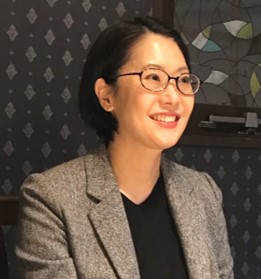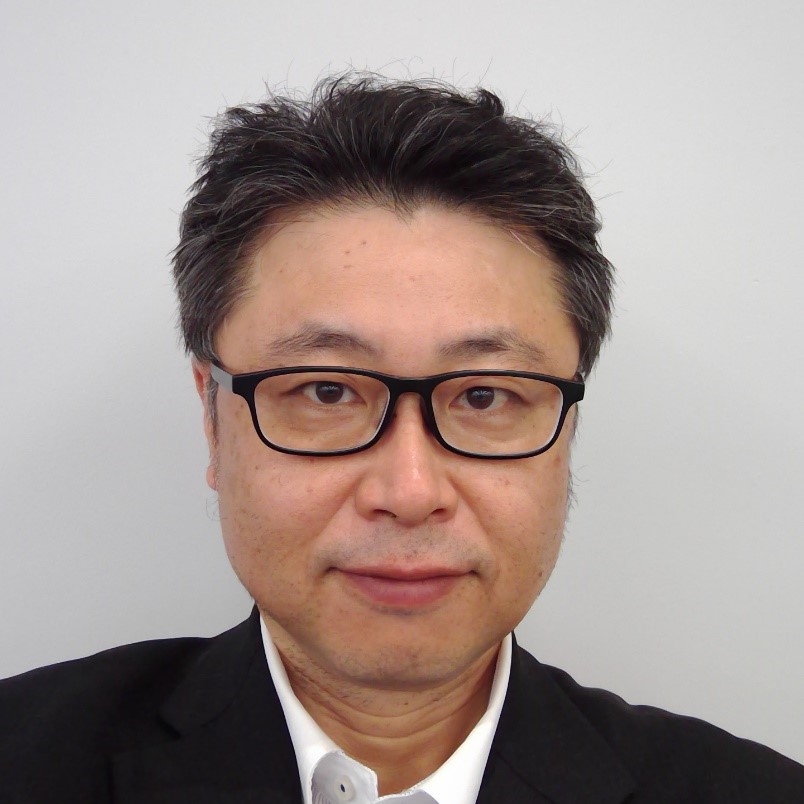We have thus far been engaged in research on the “design of next-generation social security systems and next-generation community-based integrated care systems” aimed at realizing the proposition that everyone can live at home until the end in good physical and mental health.
In solving this target problem, the purpose is “to realize happy, generation-inclusive, symbiotic, and ‘co-creative’ communities by enhancing social participation and life-long independence, in a super-aged society.” The two main points of this research are as follows: (1) further revitalization of the comprehensive life support industry based on evidence aimed at health promotion and frailty prevention from an early stage, and (2) policy making for medical care, long-term nursing care, and social participation based on quantitative evaluation towards a sustainable social security system.
In particular, (1), “enhancing the system for prevention of daily dysfunctions from an early stage by utilizing medical care and long-term nursing care databases such as the National Health Insurance Database (‘Kokuho Database’ (KDB))” is being studied, along with studies on artificial intelligence (AI) to predict the risk of frailty. There is also the reality that the same level of physical exercise is recommended despite large individual differences among the elderly people living in the community. Accordingly, we are studying a “personalized frailty prevention method based on evidence matching with the needs of each resident,” in the views of AI outputs and medical expertise. Moreover, in (2), we are studying the approach of “policy proposals and evaluations based on simulation utilizing database on the elderly people in the community” towards estimating suitable “medical and long-term nursing care expenses for the elderly people per GDP.” In particular, applying Future Elderly Model (FEM), we are developing a simulator capable of predicting demographics for decades to come in terms of 11 chronic diseases (diabetes, heart disease, cancer etc.) and three states (activity of daily living level, locomotion level, and cognition level). Through the development, we would like to establish not only measures to prevent diseases, but also a method to predict the effects of tax systems and employment systems concerning the working and social participation of elderly people.
In this research, we plan to conduct verification for (1) and (2) described above, in the Kashiwa city/Kashiwa-no-ha project.


